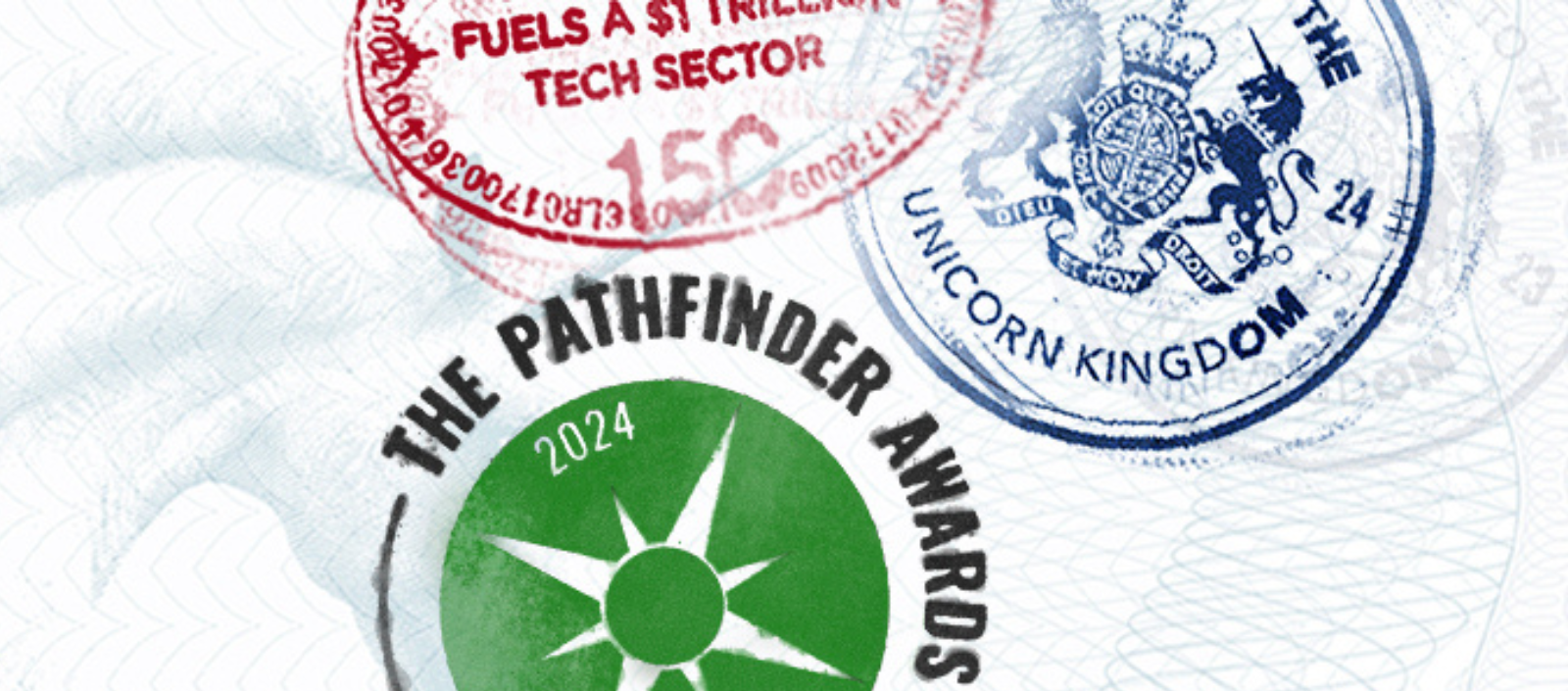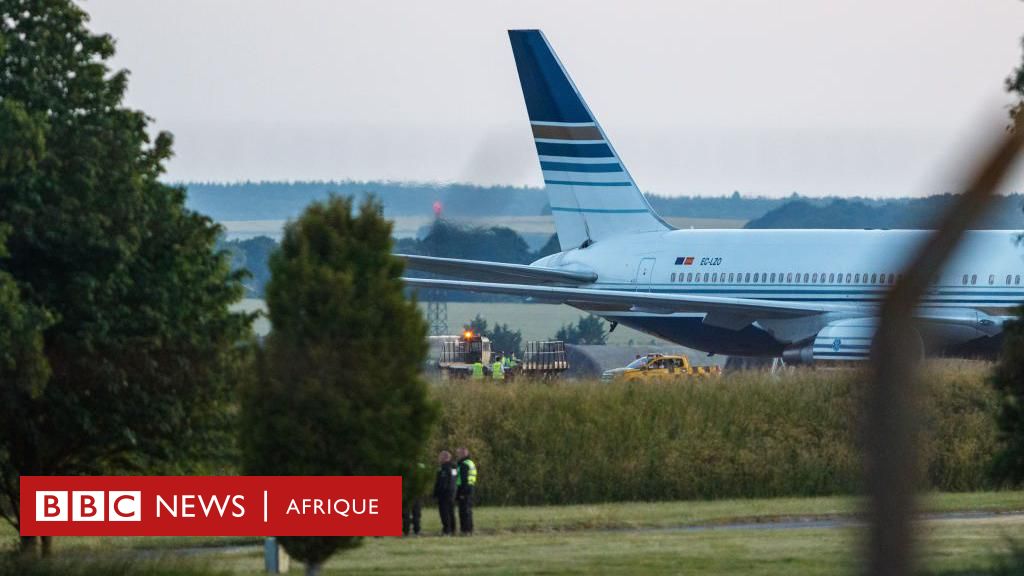Rachid Saoui is co-founder and strategic analyst of AME-IT (Innovation and Technologies of Africa Mediterranean Europe). The organization, now called Creative-HINT, seeks to develop, in Morocco, a platform aimed at attracting entrepreneurs and making the region a continental center for innovation and business.
An industrial computer engineer, specialist in software engineering but also a HEC Executive MBA graduate, Rachid Saoui has also worked as a consultant and business development manager for large companies (Cogema / Areva, Thomson, Rational Software, IBM, etc.).
Later vice president of HEC Digital, he went after a trip in Morocco, in association with several former HEC colleagues, who decided to create a startup incubator in Morocco (in the Agadir / Grand-Sud region), with the ambition to extend its activity to all of West Africa in the longer term. finished. With one purpose: to create a network of incubators dedicated to incubating African startups and partner them with French incubators. its the process is supported by the federation Entrepreneurs from France and its president Thierry Bégaud, one of the founders of this initiative, with other HEC alumni, Alain Tassy and Jean-Christophe Long.
The French structure, initially called AME-IT, took the name Creative-HINT (HINT for Hub Innovation and New Technologies). Your local partner in Morocco is Univers Startup, a Moroccan startup incubator that supports more than 500 startups in more than 15 African countries. The projects cover various topics such as digital, tourism, seafood, e-health, IoT, telecommunications, etc.
Engineering techniques: What are the current modalities for developing innovative technological activities on the African continent?
Rachid Saoui: To get started in Africa, you first need three key starting factors:
- the support of an institution (institutional sponsorship), in this case the CRI (regional investment center);
- the participation of a local partner with a strong presence in the target sector (actual financial participation);
- the participation of civil society, with more reason if we have projects with social impact.
So, it’s important to start by developing high-visibility, low-risk projects: succeeding in your first project is essential to facilitate the rest.
Furthermore, through the France Entrepreneurs network, we have the possibility to mobilize an extremely extensive and diversified network in terms of skills, which is an important asset for the development of competitive projects.
Why did you choose the Agadir / Souss-Massa region, in Morocco, to develop this initiative?
For several reasons: geographically it is the center of Morocco and by real decision it is about making it the economic and industrial center of the country. Beyond that, the goal is to make this region a platform for innovation and incubation destined to shine in West Africa. In addition, in its university center, this region already brings together representatives from 38 African countries.
What are the continent’s strengths in terms of innovation?
There are many: a young population, a growth that inspires dreams elsewhere, especially in the technological field. Africa does not have an ancient heritage, it has to do with something new. We go directly to mobiles and smartphones, without a wired step.
Also, some African innovations have found their applications in Europe and elsewhere, which is quite new. This is the case, for example, of M-Weight, a Kenyan start-up that enables microfinance and money transfers by mobile phone.
Thus, the continent has the assets to develop its own innovation ecosystem and attract foreign companies, while fostering the emergence of competitive startups, particularly in the new technology sector.
What are the limitations to innovation that still exist?
The lack of adequate legislation to support and encourage technological innovation remains a major obstacle. The immaturity of the legislator in this area continues to be a major obstacle at this level today.
Another point is substitution: when a project is successful, many tend to copy it in the form but not in the background. This is particularly true in Africa, where certain projects, by dint of wanting to copy what works too superficially, are ultimately empty shells.
What is the evolution of Africa’s relationship with other continents, including Europe, on issues related to innovation?
Today it is no longer a question of approaching Africa from above. Technology is more accessible and the continent has competent resources in this area.
Let’s take the example of software technologies. The challenge is no longer to come and recruit developers to take them elsewhere, as was done before. Through technological innovation, we must be able to offer Africa a co-development and co-location approach, sharing the value chain among all the entities involved in value creation. This is the true purpose of Creative-HINT.
Today, we can offer project leaders, in France or elsewhere, competent and efficient teams that work according to international standards to deliver reliable software in record time. .
Interview with Pierre Thouverez

“Professional food trailblazer. Devoted communicator. Friendly writer. Avid problem solver. Tv aficionado. Lifelong social media fanatic.”







